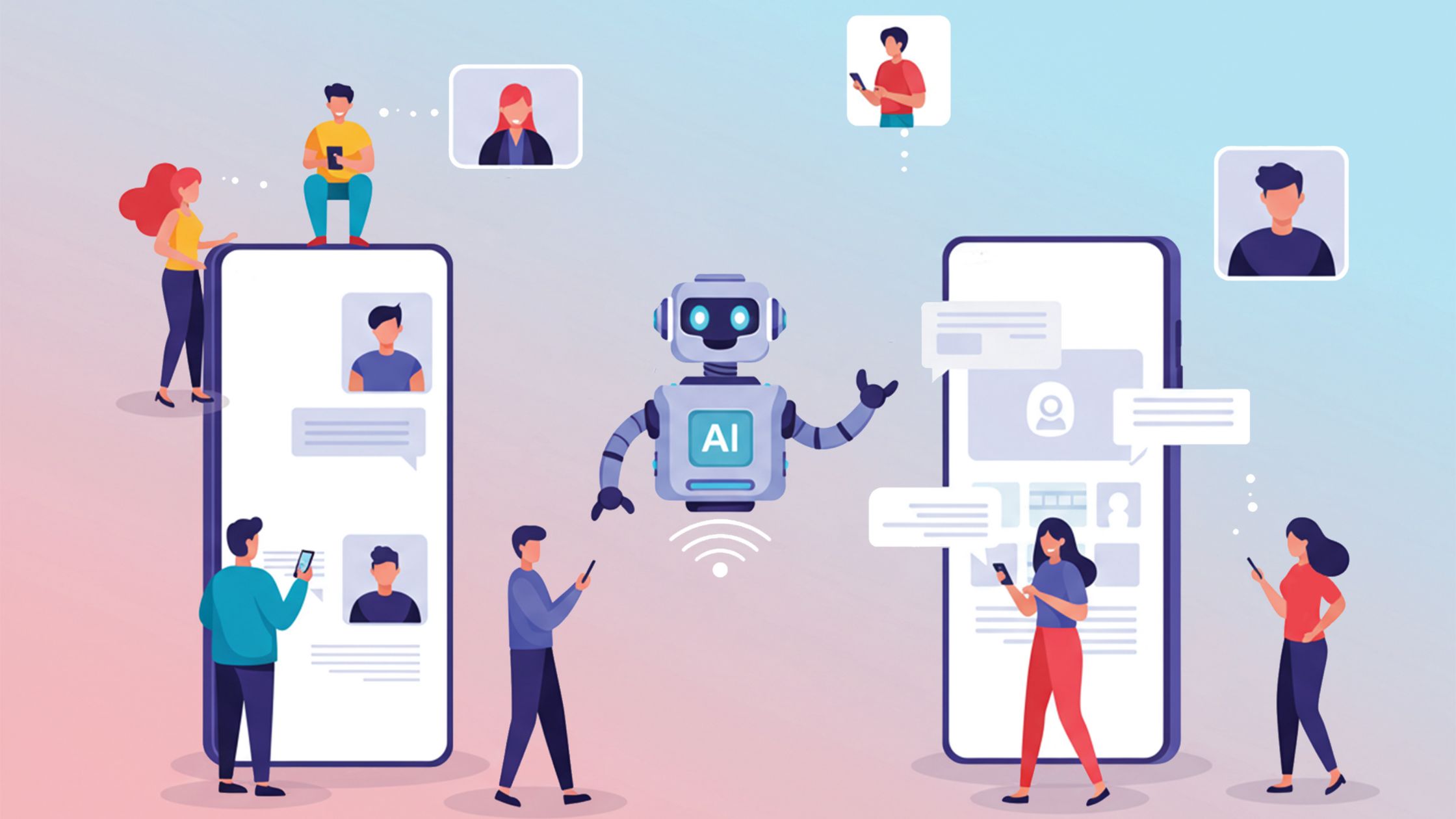While much of the AI conversation in 2025 has centered around chatbots and generative gimmicks, enterprise tech leaders have been quietly deploying a different kind of intelligence behind the scenes — AI agents. Not just assistants, these tools are now doing the actual work across industries, from finance to customer service to logistics.
We’re not talking about hypothetical automation. These are real systems already embedded into your spreadsheets, emails, meetings, dashboards, and workflows. And they’re not just suggesting tasks — they’re executing them.
Here’s a look at how some of the most influential companies are making AI agents a core part of their operations — and why this wave matters more than the hype around chat interfaces.
From Buzzword to Backbone: The Rise of Agentic AI
Agentic AI refers to systems that can act independently within boundaries — think booking meetings, sending emails, reconciling invoices, or sorting legal documents without constant supervision.
These aren’t human replacements. But they’re more than chat assistants. They understand your workflow, have access to your tools, and can follow through on tasks — all without waiting for you to click.
As it turns out, this middle ground is exactly where businesses need the most help.
Meet the Enterprise-Grade Agents Already in Play
- Google’s Gemini Agents
Deployed across industries — from QSR drive-thrus to global supply chains — Gemini AI agents combine DeepMind’s brainpower with Google Cloud’s scalability. They can parse factory data, handle support queries, and even flag inconsistencies in spreadsheets. - IBM watsonx Orchestrate
A no-code platform that lets enterprise teams spin up agents for everything from onboarding workflows to procurement approvals. IBM claims it resolves 94% of tasks automatically. It’s not flashy — it’s efficient. - Microsoft Azure AI Agents and Copilot Stack
From HR automation to CRM optimization, Microsoft’s agent ecosystem (built through Azure and Copilot Studio) integrates deeply into the Microsoft stack. It’s already reshaping finance, operations, and customer support. - Anthropic’s Claude Agents
These agents focus on structured reasoning, safety, and multi-turn decision-making. Claude’s pitch is simple: enterprise-grade trust and stability. Think healthcare, legal, or government-adjacent workflows. - North by Cohere
Built on Cohere’s Command LLM, North is designed for intelligent document workflows across finance, healthcare, and law. It can retrieve files, summarize them, and recommend actions. Clients include Oracle, SAP, and RBC. - Amelia (SoundHound)
With a 20-year legacy and a recent SoundHound acquisition, Amelia brings voice-driven AI agents into sectors like telecom and pharma. Multilingual, highly customizable, and designed for compliance-heavy environments. - OpenAI Operator
Still in preview, Operator may be the boldest bet yet — a GPT-powered agent that clicks, types, and navigates websites on your behalf. It’s an early look at full automation across consumer and business interfaces.
Why This Isn’t Just Another Tech Trend
If chatbots were about access, agents are about output. They don’t just answer questions. They take actions — across apps, emails, and APIs.
What’s different this time?
- They are deeply integrated into company systems
- They reduce costs without the chaos of layoffs
- They allow middle managers and ops teams to scale faster
- They lower error rates in high-volume processes
The best part? You don’t need a team of ML engineers to deploy them. Most of these tools are built to plug into existing systems — with no-code interfaces, APIs, or cloud-based orchestration.
AI Agents Are the Real Productivity Layer of 2025
While the internet debates whether AI will write novels or replace designers, companies are quietly letting agents handle the stuff that no one wants to do — like scanning invoices, routing approvals, or logging updates across disconnected platforms.
It’s not glamorous. But it’s working. And it’s spreading fast.
As every major platform builds its own “agent studio,” the next big competitive edge won’t be which model you use — but which actions your AI can take reliably and securely.
If you’re building for the enterprise, the future isn’t just about AI that can think. It’s about AI that can act.


